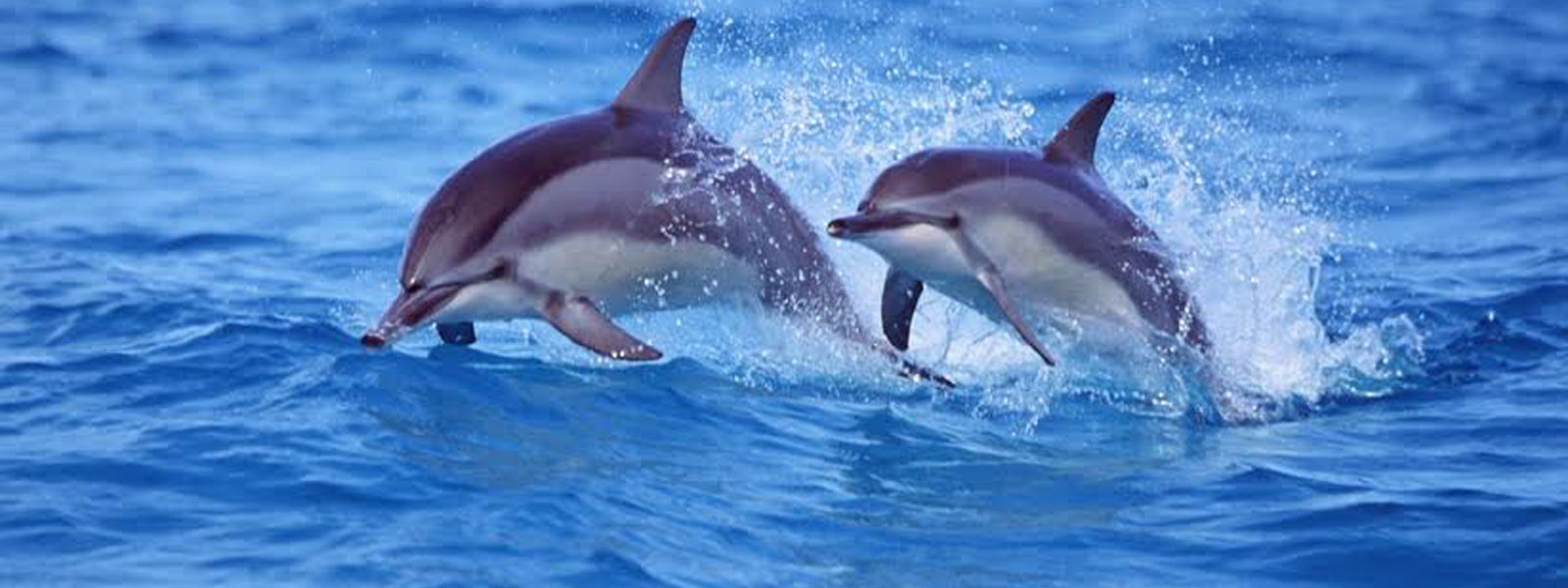

A team of international scientists, supported by the International Marine Mammal Project (IMMP) of Earth Island Institute and other nonprofit organizations, has signed an agreement with O. N. Kozhemyako, Governor of Russia’s Primorsky Region, to release all the 10 orcas and 87 beluga whales, now held in the “Whale Jail”, back to the wild. Observers believe Mr. Kozhemyako would not have signed the agreement without permission from the Kremlin in Moscow.
The whales were caught last summer and are being held in poor conditions in the port of Nakhodka, in the Russian Far East. The international scientists met with Russian officials in Moscow last week, and are now in Nakhodka, checking up on the status and health of the whales.
At least 4 whales (one orca and three beluga whales) are missing and presumed dead. Several of the whales show skin lesions and scarring from frostbite. As test results come through, from both Russian and international scientists, a better picture of the overall health of the whales will be revealed and will guide rehabilitation and release efforts.
IMMP and others who worked on the Keiko project contacted the Russian government offering our services to help Russian scientists. As a result, the government invited our team of international scientists, including Dr. Ingrid Visser of New Zealand, one of the world’s experts on orcas in the wild, and Jeff and Katy Foster, both of whom worked with Keiko for his rehab and release in Iceland.
Others with the group included Jean-Michele Cousteau, Founder and President of Ocean Futures, and Charles Vinick, Executive Director of the Whale Sanctuary Project. Three Russian marine mammal experts -- Grigoriy Arkad’evich Tsidulko, Tatyana Evgenyevna Denisenko, and Tatiana Beley – round out the team in Russia.
Earlier, IMMP helped develop letters signed by scientists and a separate letter, from a group of global citizens, celebrities, and business leaders, sent to President Putin urging release of the whales. The international and media pressure on the Russian government was key to the decision making by the government to proceed with a release plan. Many Russian conservationists contributed to the effort as well.
The agreement commits the group, Russian and international scientists, to working together to release all the whales “into their natural habitat.”
Immediate release of the whales is not an option. The whales are all fairly young and unlikely to do well in the wild unless reunited with their family pods. The area where they were caught last summer is now iced over and won’t be open until mid-June at the earliest, so the whales’ families can return. Furthermore, some of the whales may be too weak or stressed from captivity to be released early. Each whale will have to be evaluated for its health and any problems with release.
It is also not clear as to how the release effort will be supported. Possibly some money from the Russian government or in-kind support, such as use of Navy vessels to return the whales to the capture locations, will be available. But considerable funds will be needed to feed the whales and provide them medical care, improve the facility where they are currently kept to improve their health, and transfer and final release (which will likely require a sea pen of some sort in their summer waters).